Saudi arrest of Hamas members further strain bilateral ties
Saudi Arabia's recent arrest campaign against Hamas members has shed light on the deteriorating relations between the Palestinian resistance movement and the kingdom amid warming Tel Aviv-Riyadh ties.
Observers told the Middle East Eye (MEE) news portal that the detention campaign, which began in February, was actually meant to target the Palestinian cause and serve Israel.
Rafat Morra, the head of Hamas's foreign media department, stressed that the group had tried to resolve the crisis quietly, but its attempts did not yield results.
Hamas made “unremitting political and diplomatic efforts” to deal with the Saudi campaign of arrests, including asking several regional and international actors such as Kuwait to mediate, he said.
However, he added, such efforts were met with more arrests, including the detentions of Mohammed al-Khudari, who is the most prominent Hamas official in Saudi custody.
Morra also described the detentions as part of a broader plan to target “Hamas, the resistance and the Palestinian cause.”
“There are Israeli attempts to target Hamas and weaken it because it represents the spearhead of the resistance," he said, warning that any targeting of Hamas - through arrest campaigns or political and financial pressure - serves Israel.
“Hamas is a resistance movement and enjoys wide support in the Arab and Muslim world,” Morra said. "Regardless of the explanations for the arrests in Saudi Arabia, this is regrettable and the authorities in the kingdom should not have been dragged into it.”
Meanwhile, Abdulmajid al-Khudari, the brother of Mohammed al-Khudari, complained that Palestinian detainees have been denied visits from relatives or lawyers.
Abdulmajid, whose son Hani, a lecturer at Umm al-Qura University in Mecca, has also been arrested by Saudi authorities, said that his brother's US-based daughter had twice appealed to the US Congress for help, to no avail.
Dozens of the arrests were "not justified" as the detainees had not committed any crime, Abdulmajid said, adding that the campaign was aimed at pressuring Hamas and the Palestinians into accepting US President Donald Trump’s so-called "deal of the century."
Additionally, Palestinian political writer Fayez Abu Shammala emphasized that the arrests were one aspect of a "total war" waged by Saudi Arabia against Hamas that includes also financial sanctions, “sacrificing the resistance on the altar” of an improved relationship with Tel Aviv.
“The danger of the arrests in Saudi Arabia is that they coincide with an unprecedented Saudi opening to Israel, a fevered engagement in the promotion and marketing of the ‘deal of the century’ to distort the Palestinian cause and demonize the resistance,” he said.
"If Saudi Arabia seeks to curb Hamas and blackmail it politically, it will fail, just as Egypt has failed to pressure it on similar issues," he added.
Hamas currently runs the Israeli-blockaded Gaza Strip independently of the Ramallah-based Palestinian Authority.
For years since its formation in 1987, the resistance movement enjoyed good relations with Saudi Arabia. Later, however, ties soured over a range of issues.
In May 2017, Trump called Hamas a terrorist group during an Arab-American summit in Riyadh.
Almost a year later, in February 2018, then Saudi foreign minister Adel al-Jubeir echoed Trump's hostile position by referring to Hamas as a terror outfit during a meeting with the European Parliament's Committee on Foreign Affairs in Brussels.
Israeli embassy shooting in Jordan leaves gunman dead, 3 police injured
VIDEO | Paris march in support of Palestine women
VIDEO | ICC issues arrest warrants for Israeli prime minister, ousted regime war minister
120 Palestinians perish as Israeli war machine keeps ravaging Gaza
VIDEO | Struggles of Palestinian women amidst war, displacement
VIDEO | Hezbollah rains attack drones down on elite Israeli brigade
VIDEO | US biased mediation fails
Leader: All captains of criminal, Zionist, terrorist gang must be prosecuted


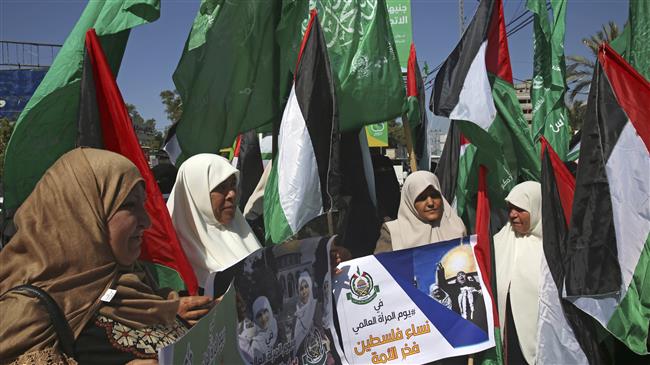

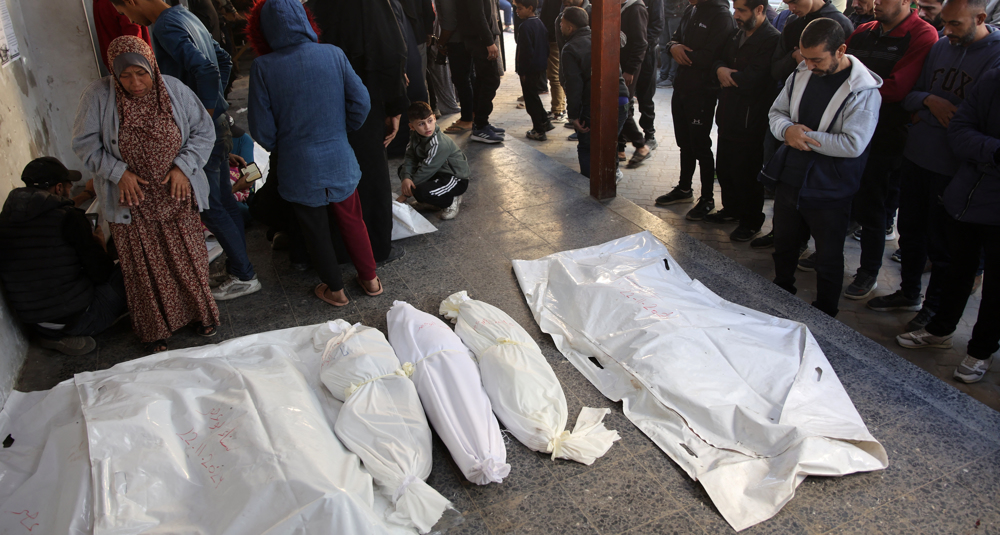
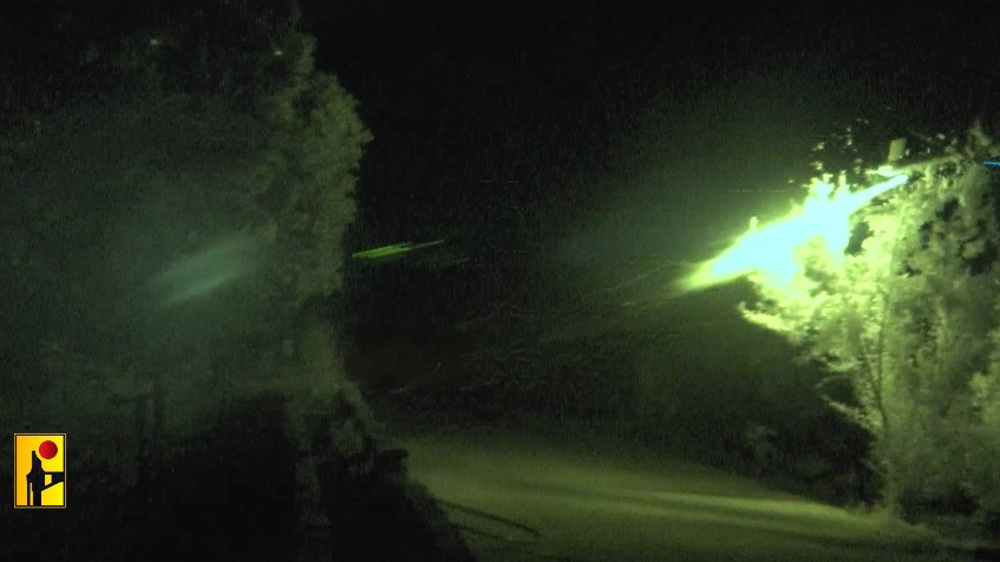
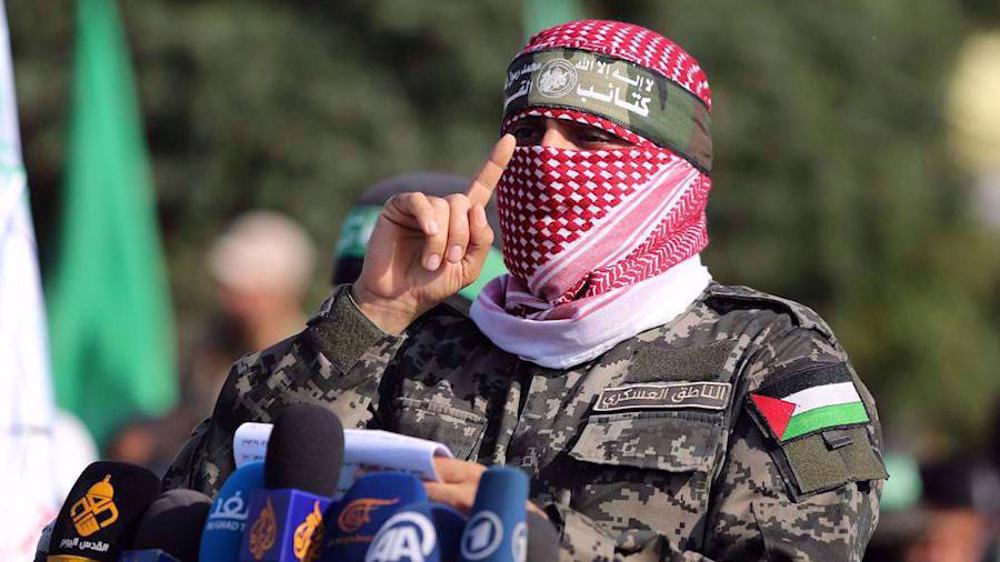






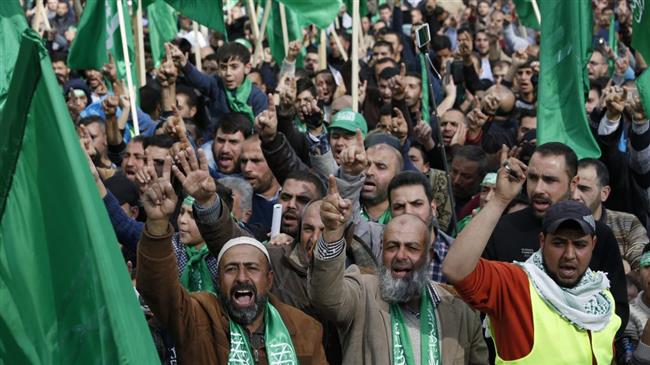


 This makes it easy to access the Press TV website
This makes it easy to access the Press TV website